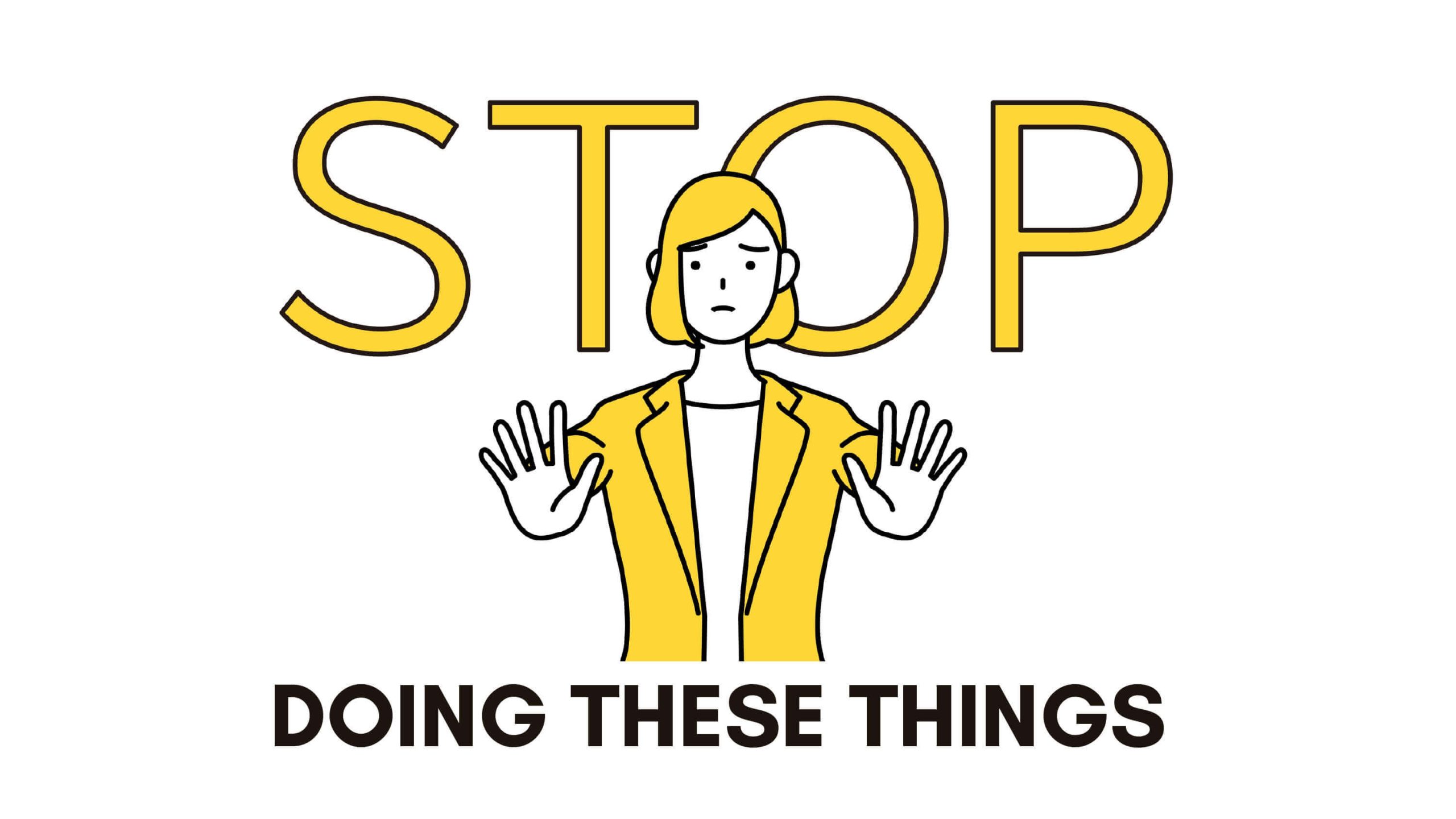As we age, we have to acquire better practices.Some things we might get away when we are young, won’t work as well later on. Besides, as we grow older, it’s a sign of wisdom to build solid habits and avoid those that can bring us to ruin, whether we talk about finances or emotions. Here are the key things you need to stop doing as you age.
Don’t share everything with those closest to you
The first lesson is to learn to keep some things to yourself. While truth is usually the right way to go, sometimes, it can do more harm than good. It could do harm to you or to others, and in both situations, it’s important to do what’s best.
There are secrets that you might want to share to unburden yourself, but that could make others feel pain, shame, or worry. Revealing secrets from years ago might feel right, but could hurt those around us deeply, with no recourse for them to take. Other things, thoughts, and feelings might not necessarily be bad, but they feel very private. It’s good to keep them as we feel comfortable; we don’t owe anyone to reveal absolutely everything, no matter how close those around us are.
Don’t rely on a single income, instead, have a side hustle
One source of income is good, but often it’s not enough. You need to know how to build another stream and make sure that your eggs are not all in one basket. Instead of this, cultivate different income opportunities that will help you make more financially solvent and better prepared for any eventuality.
You might cultivate a passive income stream, something that doesn’t require a lot of time, like selling digital products, having royalties come in, renting an apartment or a home. Maybe it’s a second business that requires more investment in terms of time and money but that you can work on and grow successfully. Either way, you can feel secure when you have more than one stream of income, and at least two is a must in today’s unpredictable world!
Health is the number one priority
When we are young, we are willing to work hard and push ourselves hard in leisure as well. We can stay up all night, drink a lot, and eat whatever we come across. But as we grow older, we need to consider that health is our greatest asset.
Everything can seem important but if health is gone, suddenly it’s the only truly important thing. Without health, we can’t enjoy money, time, or anything else. So pay attention to your health and don’t push yourself too hard.
Don’t try to replicate someone’s lifestyle, especially if you can’t afford to
Wisdom comes with age and can temper the feelings of envy, jealousy, and similarly toxic emotions. We should learn that a lifestyle is not something we have to copy, especially if it’s above our income level.
Instead, construct a lifestyle that suits you. It should take into account your physical and emotional needs to ensure that your health remains fine (see above). But a lifestyle should also make you happy and satisfied. It can feature a specific type of job, a particular set of hobbies, and, of course, leave time to spend with your loved ones and with yourself too.
Don’t take criticism personally
Another important wise strategy is to never take criticism personally. We need negative feedback to get better, and one of the worst strategies for development is to ignore that advice in favor of feeling bad.
Criticism can sting, and many people deliver it in the worst way possible, being rude or introducing a personal attack, which can feel even harder to take. However, even if the criticism was delivered as an attack, it’s not worth taking it personally.
The most mature and effective way to take criticism is to evaluate it. Is there something useful here, even if it hurts to hear? If so, we can apply it to our personal lives. If not, we can discard it and not give it another thought.
Take advice from everyone (but not every bit of advice)
Another important thing to consider is that you can find good advice anywhere. Sometimes, we close ourselves to advice or ideas because of who they come from. Sure, we should evaluate all advice critically and ask ourselves if it’s something that applies to us. But often, this doesn’t depend on who gives us that advice.
A person you dislike or someone who is very different from you could offer good advice because their perspective is very distinctive and fresh. Don’t dismiss their ideas. Evaluate them on their own merit.



